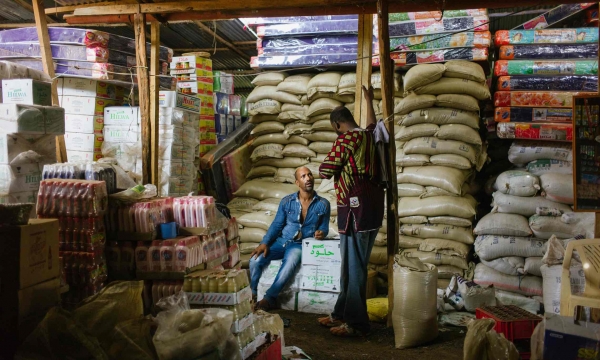An informal economic system has arisen in a number of refugee camps in Kenya and beyond, resulting in the emergence of small businesses run by camp residents. These businesses operate in former shelters which have been turned into shops, and provide services and goods that are not provided by aid organisations: cybercafés, photography studios, clothing, beauty products and so on.
Whilst this fosters entrepreneurship and self-reliance, it also leads to a double-edged situation. It has been reported that some residents, when moving or returning to their countries, sell their shelter to those camp-based refugees who need a place to set up their business. This has resulted in an informal, unregulated system of shelter ownership, which fosters corruption and can negatively affect vulnerable residents.
The Kakuma camp, located in the Turkana County in north-western Kenya, is a case in point. It has been hosting refugees from Sudan, Somalia and Ethiopia since 1991. Intended as a temporary form of assistance, the camp has a capacity of 125,000 refugees. After being operational for 25 years - a much too long period given its temporary nature - it has now surpassed its capacity, and the aid delivery originally foreseen is therefore no longer well suited for the present circumstances. Humanitarian organisations are trying to deal with this challenge by setting up new camps nearby and encouraging self-reliance through income-generating activities. However, the issue of unregulated shelter ownership still ought to be addressed, either by regulating the informal system in existence or by modifying the way shelters are assigned. In any case, a joint, coordinated effort involving local government and aid agencies is urgently needed.
To find out more:
http://www.unhcr.org/ke/516-kalobeyei-settlement.html
http://www.unhcr.org/ke/479-kakuma-refugee-camp.html
http://www.irinnews.org/feature/2017/05/02/kenya%E2%80%99s-black-market-%E2%80%9Crefugee-real-estate%E2%80%9D
https://openknowledge.worldbank.org/handle/10986/25863







